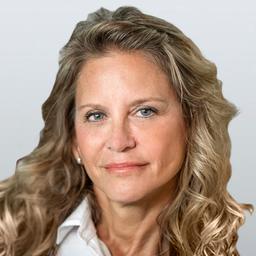We were on a three-hour road trip. My husband, Scott, was “driving” a self-driving car, our friend Tommy sat in the passenger seat, and I was in the back.
Tommy was trying to reel in his fear from taking his first-ever ride in a self-driving car and tamp down his growing hunger as the aroma of delicious smoked beef brisket filled the car. Some people get quiet when they’re filled with conflicting emotions. Tommy gets funnier. His one-liners had us laughing deep belly laughs.






